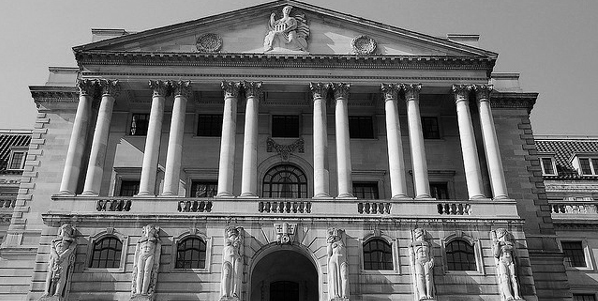The rarest of birds
Since the financial crisis many have questioned the purpose of economics. With so much of the value created during the pre-crash years now seemingly lost it feels meaningful to ask ‘What is economics for?’ Amidst the soul-searching few would disagree...
Since the financial crisis many have questioned the purpose of economics. With so much of the value created during the pre-crash years now seemingly lost it feels meaningful to ask ‘What is economics for?’ Amidst the soul-searching few would disagree that well functioning economies should maximise prosperity. But a string of secondary questions follow from this point. How do we measure prosperity? Who enjoys it? How is it distributed? Can the pursuit of prosperity create other problems for society?
A more immediate question however asks ‘What kinds of knowledge are required to ensure economies serve this purpose?’ And as Sir Mervyn King departs his post as governor of the Bank of England, it is also an urgent one. To find a way out of the current crisis and deliver the conditions necessary to pursue the good life will require what Keynes called the ‘rarest of birds’ – the great economist.
Keynes’ account of this individual reflects the complexity of the world from which his own thought begins, and likely his high standards: “the master-economist…must be mathematician, historian, statesman, philosopher – in some degree.“ Although written in 1933, the sentiment nevertheless resonates into our own times.
In particular, the new governor at the Bank of England will oversee a suite of new powers and responsibilities. As the Financial Services Authority (FSA) splits, Threadneedle Street will encompass a new macro-prudential remit or, in non-jargon, a focus on stability. This ends the tripartite arrangement of the last 15 years whereby responsibility was divided between the Bank, the Treasury and the FSA.
To be successful in its new public role, the Bank requires new kinds of knowledge the absence of which reflects the state of orthodox economics more generally. Instead of the varied, multi-disciplinary understanding Keynes saw as serving the purpose of economics in achieving the good life today’s profession is dominated by a far narrower lens.
In line with a diminished concern for moral issues such as power (what Gailbraith termed ”the great black hole of economics”) today’s mathematised economic orthodoxy bears little resemblance to the world of the average reader, premised on assumptions that diverge from our experience of the everyday world. This is not to say economic decision-making is useless, but that technocratic expertise – like the financial sector – is a good servant but bad master.
During the UK economy’s Goldilocks years – not too hot, not too cold – this narrowness was perhaps less of a problem. With steadily rising GDP and low inflation, the premise that individuals always act on their rational self interest, or that markets are self-correcting appeared to produce functioning models. But drawing on lessons from ecology, economic history and sociology more radical economists such as Andy Haldane have illustrated how much complexity exists in this regard, particularly in the financial system.
To understand the world, its uncertainty and unknown unknowns, what passes as economic expertise must be reinvigorated. This will involve learning from other disciplines in the social and natural sciences, but in addition it means challenging high-level decision-making processes. Achieving a greater plurality of perspectives is essential to preventing the ‘social silences’ or fragmented knowledge that authors such as Gillian Tett have identified in the wake of the financial crisis.
Can we expect this from the new governor of the Bank of England? We know it will be one of two men – Tucker or Turner. Both have esteemed credentials in the technocratic tradition. But having underscored the disruptive contribution of finance to the real economy, supported the separation of high street and investment banking sectors, and questioned a financial culture ‘too driven by short-term return risks’ Turner is far and away the more radical of the contenders.
Whoever succeeds, their mandate is a tough one. As well as developing a post-crisis role for the Bank, not just focused on monetary policy, they must also recover trust from shocks such as the Libor fixing scandal. To do so, business as usual won’t cut it.
